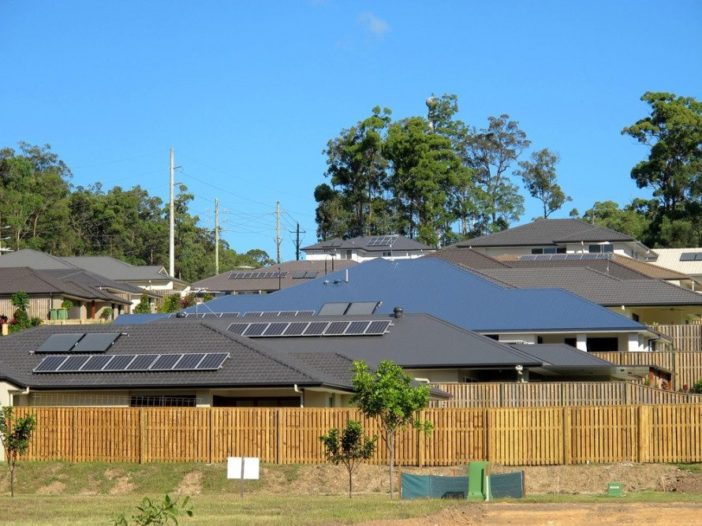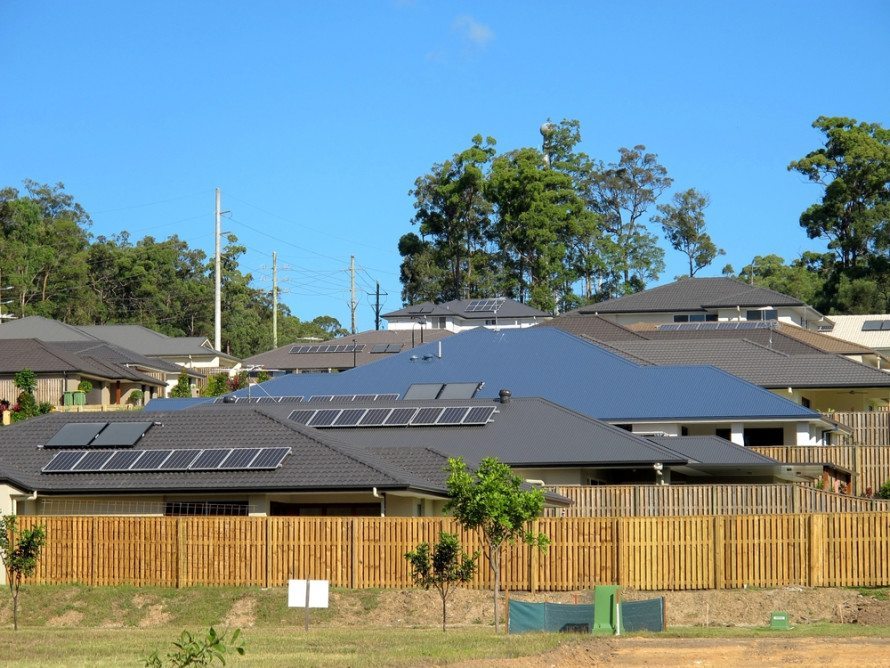
Queensland-based battery maker RedEarth Energy Storage has announced plans to focus on the development of what it calls Personal Power Plants, or PPPs, to give its customers the option to trade their stored solar energy within a select community, either for profit, or for the pleasure of sharing with family and friends.
RedEarth, whose range of lithium-ion battery energy storage systems includes the first Australian-made “all-in-one” residential BESS to gain Clean Energy Council accreditation – the SunRise – says the PPPs will use proprietary technologies and “bolt-ons” to give consumers more control over their power.
This would give households that generate and store their own electricity more options to receive regular income by trading it or selling it to the wholesale market, or they could also chose to gift it to family and friends while on holiday, the company said in a statement.
But the technology would differ from “utility-company-controlled” virtual power plants, RedEarth says, in that it would not be used “to prop up the electricity market by accessing battery owners’ stored energy only when it suits the utility company and at a price dictated by them.”
“Right now, customers with solar panels can only use their stored energy or feed it back into the grid on terms that suit the electricity retailer. We think people should have a bit more control over their electricity, and RedEarth and the internet of energy gives them that control,” said RedEarth chief technology officer and co-founder, Chris Winter.
“The internet of energy is how we turn thousands of individual homes with solar panels and batteries, into a network that optimises the generation, transmission and utilisation of electricity, transforming the existing grid into a new version ready for the 21st century that can use and distribute 100% renewable electricity,” he said.
The company said this week that it was currently negotiating with a range of businesses, including community-based energy companies – it has already partnered with the Byron Bay-based Enova earlier this year – and property developers, to target communities for its PPP plans.
Once live, Winter says the PPPs will allow customers to sell, trade or gift their stored solar electricity to other users on RedEarth’s platform, providing an ongoing income stream while reducing reliance on the grid and doing their bit to address climate change.
“We see what we are doing as part of the enormous change in the electricity industry. We are moving away from the centralised power generation to distributed power generation by handing back customers control over their electricity,” he said.
“The fundamental thing that we do is make our solution easy to deploy and easy to use. It’s not just about screwing a battery to the wall; it’s about having the right hardware, getting it installed correctly, monitoring the whole system and staying in touch with the customer, to keep them up-to-date with the latest opportunities.
“Although we manufacture a lot of hardware, one of our main focuses is managing data, and from this data we are getting knowledge and benefits for our customers,” Winter said.
According to the company’s website, the SunRise home battery system is an all-in-one energy storage solution that is pre-wired with all AC, DC and PV cables, switchgear, EPS contractor and batteries and, thus, easy to install.
The SunRise has a storage capacity of between 3.3-26kWh, back-up power capabilities in the case of grid outages, and can be expanded up to 50.4kWh on a three phase system.

Sophie is editor of One Step Off The Grid and editor of its sister site, Renew Economy. Sophie has been writing about clean energy for more than a decade.



